7,000 Households Voted, and This Is America's Favorite Grocery Store
01/14/2019 — The grocery landscape has been evolving with the introduction of digital grocery shopping, the growth of superstores and big-box retailers, not to mention gas stations and convenience stores growing their grocery offerings. Traditional, regional grocers are fighting harder to compete. So who’s winning the grocery game? After surveying 7,000 households and monitoring 2018 grocery reports and financial reports, here’s what the folks at Dunnhumby, a customer data science company, found.

Dunnhumby looked at 56 of the largest U.S. grocers and ranked them based on their custom Retailer Preference Index (RPI), which measures a combination of financial performance and emotional bond with consumers. According to their research, two factors are most important in determining RPI—price and quality. No surprise there, right? That’s generally what we consider most with any purchase, from clothing to cars. These two needs form the core of value perception among shoppers; the stronger the value perception, the better the emotional connection and financial performance.
The survey rated grocers in seven categories—price, quality, digital, operations, discounts/rewards, convenience, and speed. Price and quality were the top two factors in earning customer preference, so they were weighted more heavily, along with emotional connection and financial performance, to determine the first quartile of grocery stores (aka “the best”). From 13 to 1, here are the best of the best; the first quartile winners.
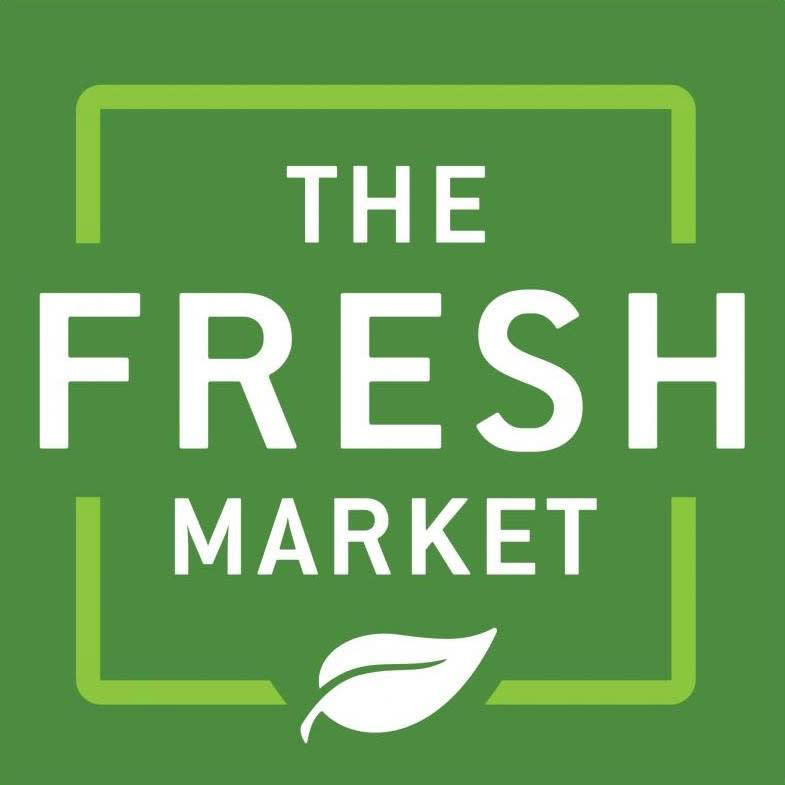
13. The Fresh Market
Based in Greensboro, North Carolina, The Fresh Market chain of gourmet markets has about 160 locations in 22 states, so odds are you’ve at least seen one if you haven’t been inside. According to their mission statement—“We Inspire People to Make Everyday Eating Extraordinary”—they aim to focus on the value of local growers and charities while offering fresh and delicious food.

12. Peapod
With a mission to make our lives easier, Peapod lets you shop and plan meals online then delivers groceries to you. It serves 24 markets in 12 states (plus Washington, D.C.). It’s based in Skokie, Illinois.

11. Aldi
By now you’ve at least heard buzz of their wine advent calendar and heart-shape cheeses for Valentine’s Day. And with Aldi locations in 35 states, chances are good you’ve stopped in to take advantage of their cost-effective approach to grocery shopping.
10. Walmart
This one needs no explaining. With a focus on low prices, Walmart has everything and is everywhere (there are stores in 27 countries!). You can easily stop in for groceries, pick them up curbside, or have them delivered.
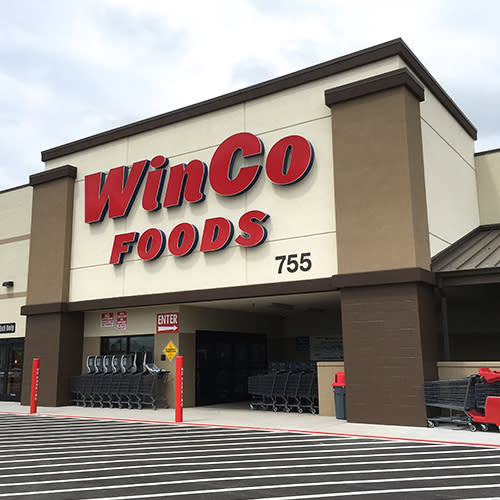
9. WinCo Foods
The 123 employee-owned WinCo Foods stores are mostly in the western states, plus Texas and Oklahoma. Their touting point is low prices.
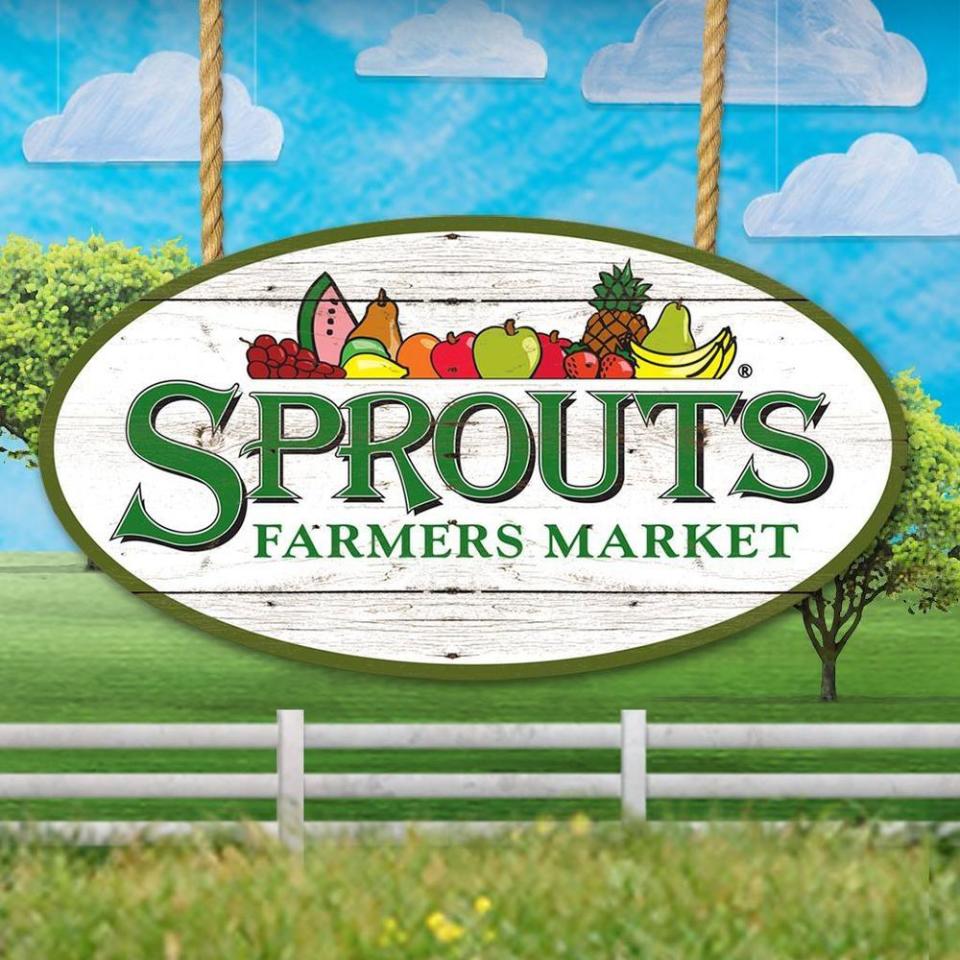
8. Sprouts Farmers Market
A newer company on this list, Sprouts started in 2002 with a goal to make natural foods more available. They like to be thought of as the best parts of a farmers market all under one roof. With 300 stores in 19 states currently, more are slated to open in 2019.
7. Sam’s Club
Sam’s Club uses bulk buying and private brands to keep prices low. It’s a division of Walmart Inc. and has almost 600 clubs across the United States and Puerto Rico.

6. Market Basket
Here’s one you may not know. Market Basket is based solely in the far northeast of the United States. Its history begins as a small food store back in 1917, so they must be doing something right to have made it so long and with more than 75 locations. With their motto “More for your dollar,” this is another retailer delivering on low prices.
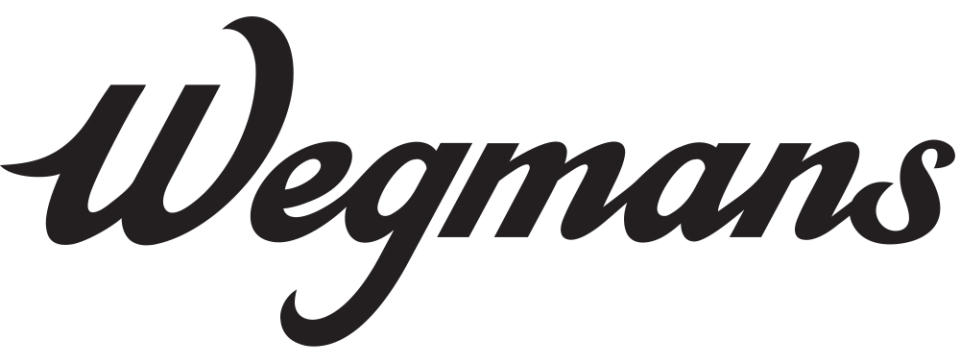
5. Wegmans
Another regional grocery chain, Wegmans has almost 100 stores in the northeast, almost half of them in New York. Unique to Wegmans is its family ownership. Most Wegmans stores are larger than usual supermarkets and feel more like an open-air market.
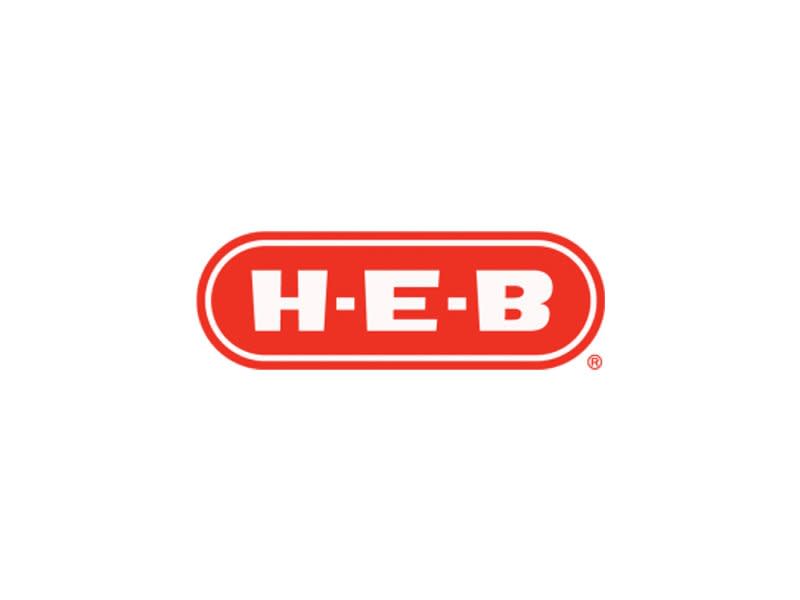
4. H-E-B
Only Texans can speak to what it’s like to be an H-E-B shopper. According to their site, each neighborhood store is tailored to the needs of the community, both by products offered and store layout. That eye toward service got them the No. 4 spot.
3. Amazon
With the launch of AmazonFresh and the Grocery category, it’s easy to buy groceries from Amazon, which is based in Seattle. You can order online and have groceries delivered to your home, though AmazonFresh is available only in larger metropolitan cities.
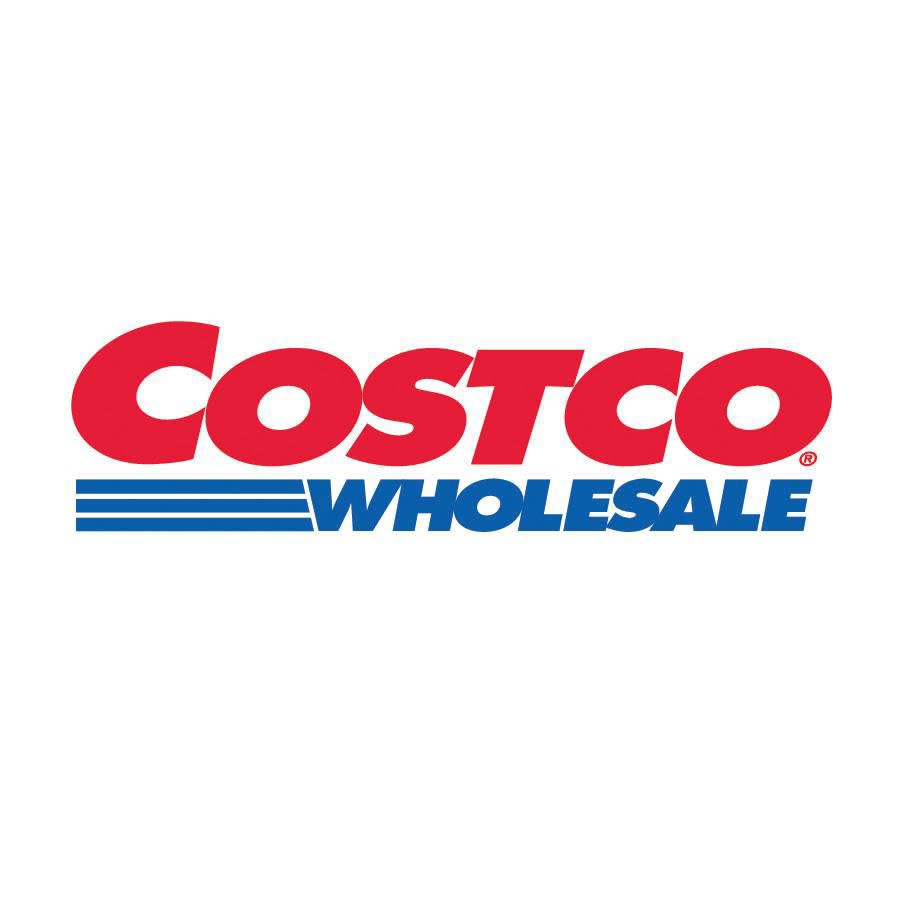
2. Costco
You love their trendy and outrageous products like cheese wraps and giant wineglasses, but you love them for most all your grocery needs, too. At the end of 2018 there were more than 760 Costco warehouses in 44 states and Puerto Rico, so you should find it pretty easy to make a grocery run here to see if you agree with this ranking.

1. Trader Joe’s
Trader Joe’s took the top spot for a second consecutive year in the Dunnhumby rankings. They focus on an extensive lineup of private-brand products that you can’t get anywhere else, plus lower prices on things you can. There are store locations in 41 states and Washington, D.C.. Most of you have shopped here and, based on this research, most of you love it!
Related: Trader Joe’s new 2019 products

